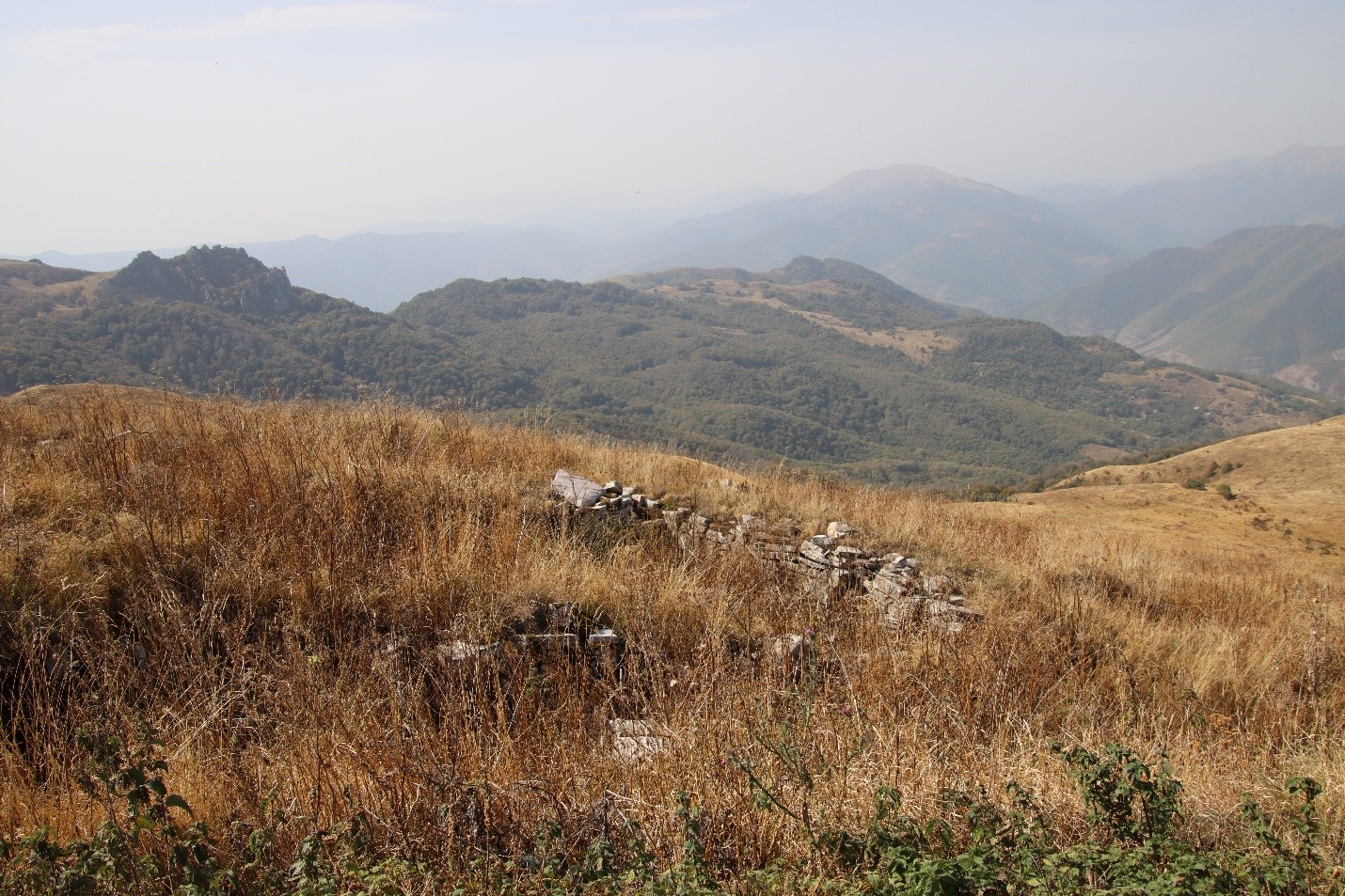Culture heritage is important for social cohesion of local communities.
It also has lasting effects on stabilisation and normalisation of
conflict-affected environments.
Because of that, the European Union has recently strengthened its
engagement in the field of the protection of cultural heritage in its external
actions – for example by the 2021 adoption of “Council conclusions on EU
approach to cultural heritage in conflict and crises.”
In line with the EU’s strategic approach to peace, security and
development, as well as in the context of mandate implementation, EUMM
recognizes the importance of conducting regular monitoring of the preservation
of both tangible and intangible cultural heritage that has significant value for
the conflict-affected population.

During the first week of October 2022, on the occasion of European
Heritage Days, all three EUMM Field Offices organised patrols to cultural
heritage sites along Administrative Boundary Lines (ABLs) with Abkhazia and South
Ossetia. EUMM monitors visited, among other, the Enguri Dam and several religious
sites, such as the Sameba Church in Bershueti and the Sameba Monastery at the ABL.
.jpg)
